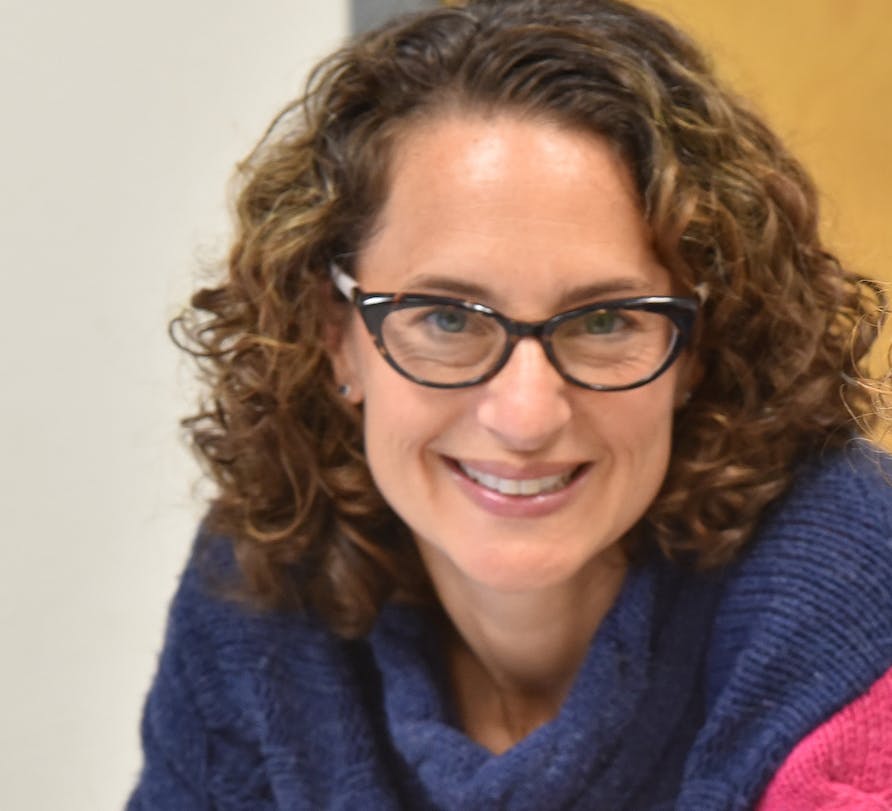The Alliance for California Computing Education for Students and Schools (ACCESS) and its statewide project, CSforCA, has received responses to a questionnaire for the state’s gubernatorial and state superintendent of public instruction candidates on their commitment to equity in K-12 computer science education. Created with feedback provided by supporters of ACCESS’s CSforCA initiative, including Technet, CDE, Code.org, Children Now, Kapor Center, and others, the questionnaire gave candidates an opportunity to complete a written response for voters and advocates of equity in CS education.
Julie Flapan, Ed.D., serves as ACCESS executive director and director of the Computer Science Project at UCLA’s Center X. She says that the questionnaire was intended to learn about how the candidates plan to ensure opportunities for equal access to computer science education to all students, including girls, Latinx, African-American, and low-income students who are underrepresented in computer science.

“The questionnaire not only engages our elected officials in the public dialogue about computer science education equity, it helps identify their commitment to supporting recommendations from the current administration’s Computer Science Strategic Implementation Plan,” she says. “Our goal is to build the political will among statewide and local leadership to support computer science education and to ensure that is scalable, sustainable and equitable.”
Gubernatorial candidates Lt. Governor Gavin Newsom and John Cox, as well as State Superintendent of Public Instruction candidates Tony Thurmond and Marshall Tuck were asked to respond to questions related to their agenda for computer science education in California. The questionnaire, which was sent to the candidates in June, was intended as a resource to learn about their positions on expanding equity and access to computer science in K-12 public education in California.
“We believe that candidates’ fitness for office should be judged on a variety of qualifications that go beyond their responses to these questions, but we think this provides the public an opportunity to understand where the candidates stand on CS education and how equity can be prioritized,” notes Flapan.
ACCESS, CSforCA and its partner organizations do not endorse nor oppose any of the candidates for public office.
In August, the California Legislature passed ACR 265 to designate September as the state’s Computer Science Education month; the final resolution was passed this month by both the state senate and assembly. The measure encourages schools, teachers, researchers, universities, business leaders, and policymakers to support teachers with cutting-edge professional development and to provide sustainable learning experiences in computer science education while encouraging access to opportunities for females and underrepresented minorities in computer science.
Computer Science Education Month also celebrates the State Board of Education’s adoption of California’s new Computer Science Standards as well as the newly released draft recommendations provided by the Computer Science Strategic Plan Advisory Panel. Flapan was appointed to the Panel by Gov. Jerry Brown and helped develop the plan which will soon be available for public comment this fall. It will then be analyzed by the Instructional Quality Commission in January 2019 before being presented to the State Board of Education in March. If adopted by the SBE, the Plan will be forwarded to the Legislature by July 15, 2019.
Responses to the ACCESS questionnaire from Lt. Gov. Newsom, Thurmond, and Tuck are posted on the ACCESS website. Responses that were not received by the due date of Aug. 31 are designated as “Did Not Respond.”
To read the candidates’ responses to the ACCESS questionnaire, visit this link.
To read a letter from ACCESS to all the candidates, click here.
Photo by Todd Cheney, UCLA
